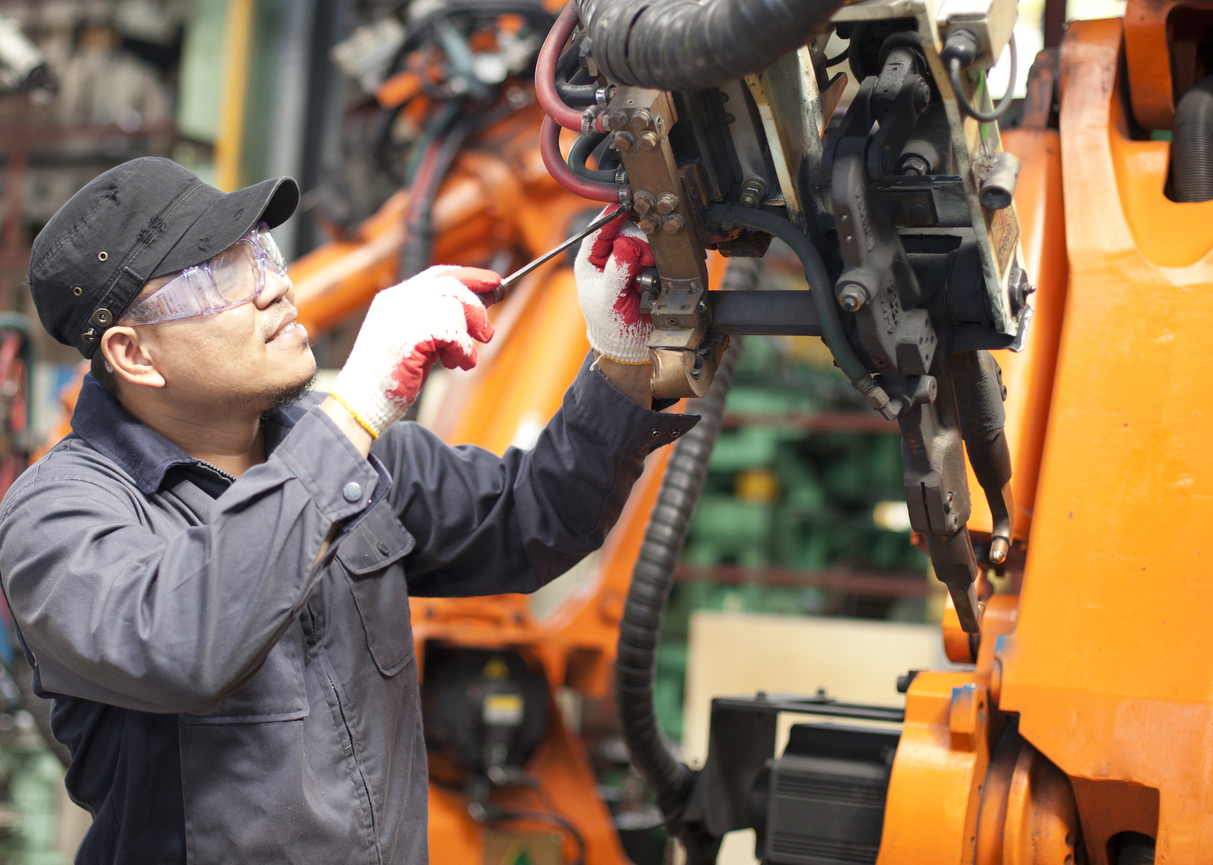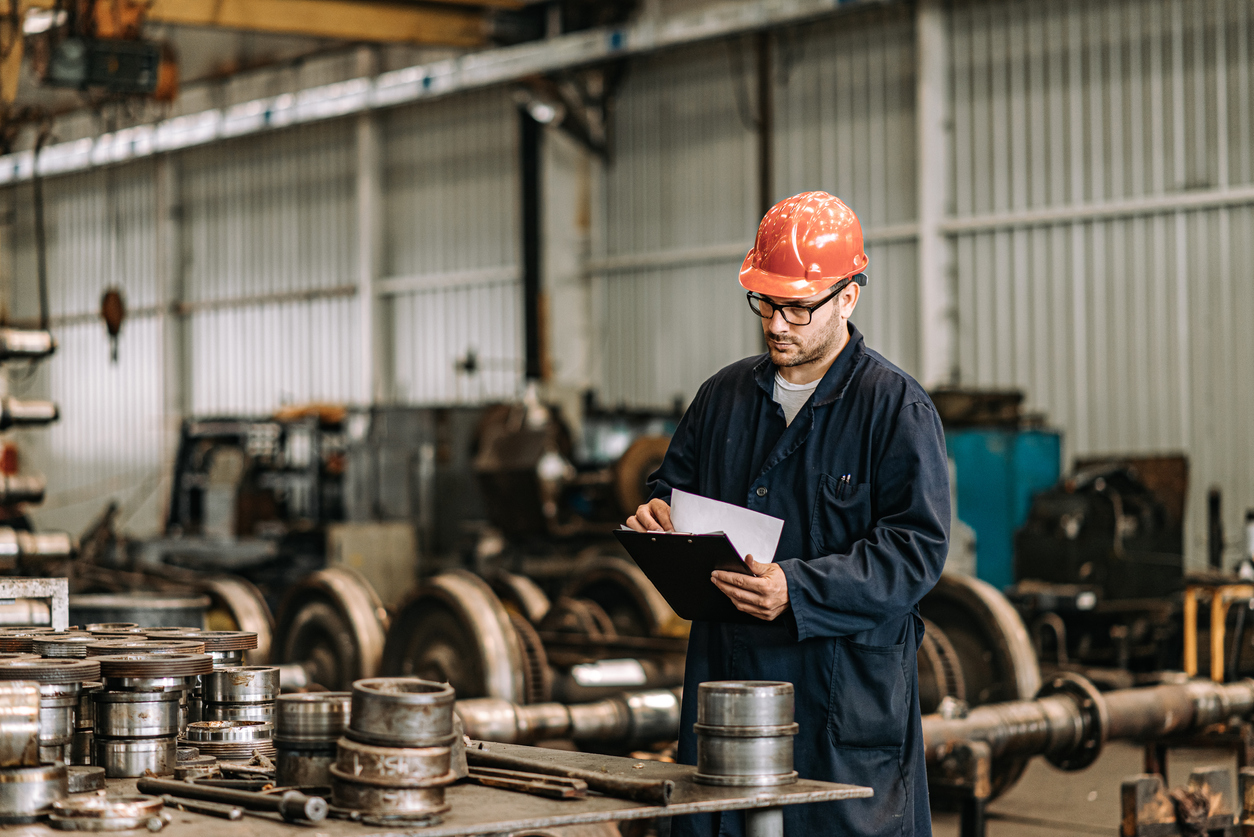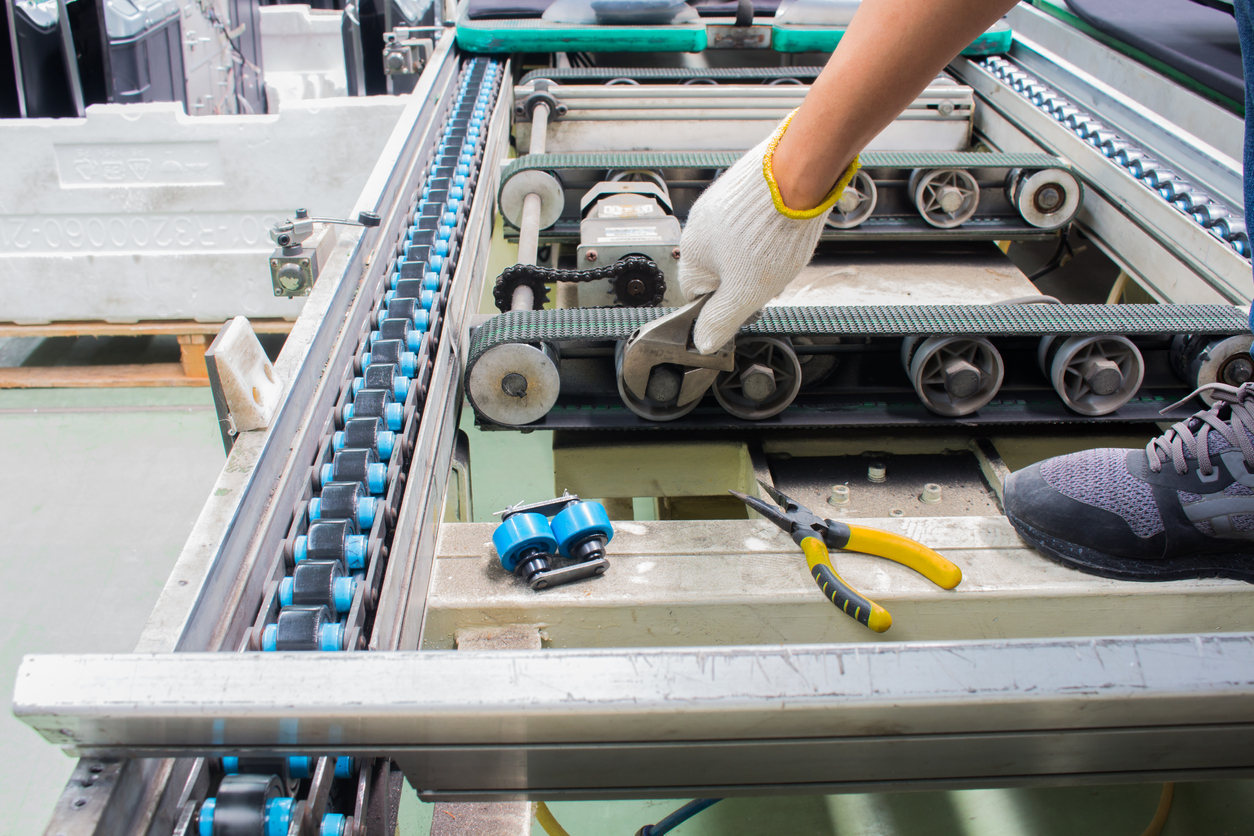Why is Now a Good Time to Carry Equipment Maintenance Out?
Checking physical equipment during a quieter period or during downtime is crucial to prevent future disruption to operations.
Even if you’re busy, you should still carry out maintenance, especially if your equipment has seen a lot of use recently. It can be difficult to keep up a regular maintenance schedule with everything that’s going on, so we’re looking into the reasons why you should never put it off.
What Are the Advantages of Carrying Out Maintenance Now?
In general, regular maintenance is always a good idea, as it ensures the longevity of your machinery and equipment. If you’re experiencing a calmer period in your business due to the pandemic, why not schedule it in? You can benefit greatly:
Prevent unexpected downtime
Scheduling downtime is normal, but when it’s unexpected, it can be costly. Not only are you wasting money because your equipment failed, but you are also losing out on labour, sales and materials. When everything’s added up, you risk a real blow to your company’s bottom line.
If you address an issue or a concern early on, you can help to extend the lifespan of your equipment. You also avoid mistakes in production. So, if a piece of equipment or machinery is faulty, it could result in you having to throw away anything from materials to finished products.
Visual inspections on top of regular maintenance are important too, as they can help you to spot issues before they become a real problem.
Stay in business
The stark reality is that your machines are tied to your profit. Without them, you risk going out of business. Even the slightest problem should be corrected immediately, since a poorly kept machine won’t give you the results you – or your clients – demand.
Considering the current challenges the industry is facing, equipment maintenance can help businesses to stay competitive.
Deliver the best products
When your equipment is performing as it should, you’re able to deliver the best products to your customers. So, while the quality of the materials you use, as well as the experience of your staff, are critical, so are the machines you use. They help you to build a reputation that encourages your clients to return.
Ensure your staff’s safety
A machine that performs as it should isn’t just crucial to ensure efficiency and client satisfaction; it’s also important to keep your employees safe and sound. For example, a faulty part can lead to a serious accident and injury.
Take Care of Equipment Maintenance Even When You’re Busy
During the country’s second lockdown, many manufacturing businesses remained open and working at full capacity. This is good news for the economy, but it’s still important that these businesses stay on top of maintenance to ensure the safety of their staff – and to prevent costly breakdowns.
When planning maintenance, carve out some time for this, even if you’re busy. If it’s easier and keeps disruption to a minimum, you can schedule this maintenance little by little, since this will keep you from shutting down all operations at once.
Invest in Preventative Maintenance
Preventative maintenance is the best thing you can do to improve the longevity and performance of your equipment. It also helps you to reduce downtime since, as mentioned, regularly checking machinery will keep it from failing or breaking down.
This doesn’t mean having to halt operations so a specialised team can come in to have a look. Instead, you can create a checklist for members of staff and request they stay vigilant when it comes to issues that may appear. From wear and tear to a faulty machine, your employees can help you to identify problems as soon as they arise – or before they become serious.
This is all the more important at the moment because parts and components can take longer to manufacture or arrive. You don’t want to be left without a key piece of equipment when you least expect it.
In short, preventative maintenance:
- Helps you to save money both in the short and long term
- Improves the safety of your equipment
- Boost the efficiency of your machines
- Reduces unplanned downtime
- Ensures the reliability of your equipment
- Helps you preserve your assets
As an investment casting company, we believe that the best course of action is to repair and replace components or machinery as needed and without waiting. Doing this will keep your equipment in top shape and help you to deliver the best products to your customers.
If you’d like to chat to us about our services and processes, or want an update on ongoing work, contact us today. We'll be more than happy to assist with your project.
Registered in England VAT No: 146307478 Company Registration No: 1062820







